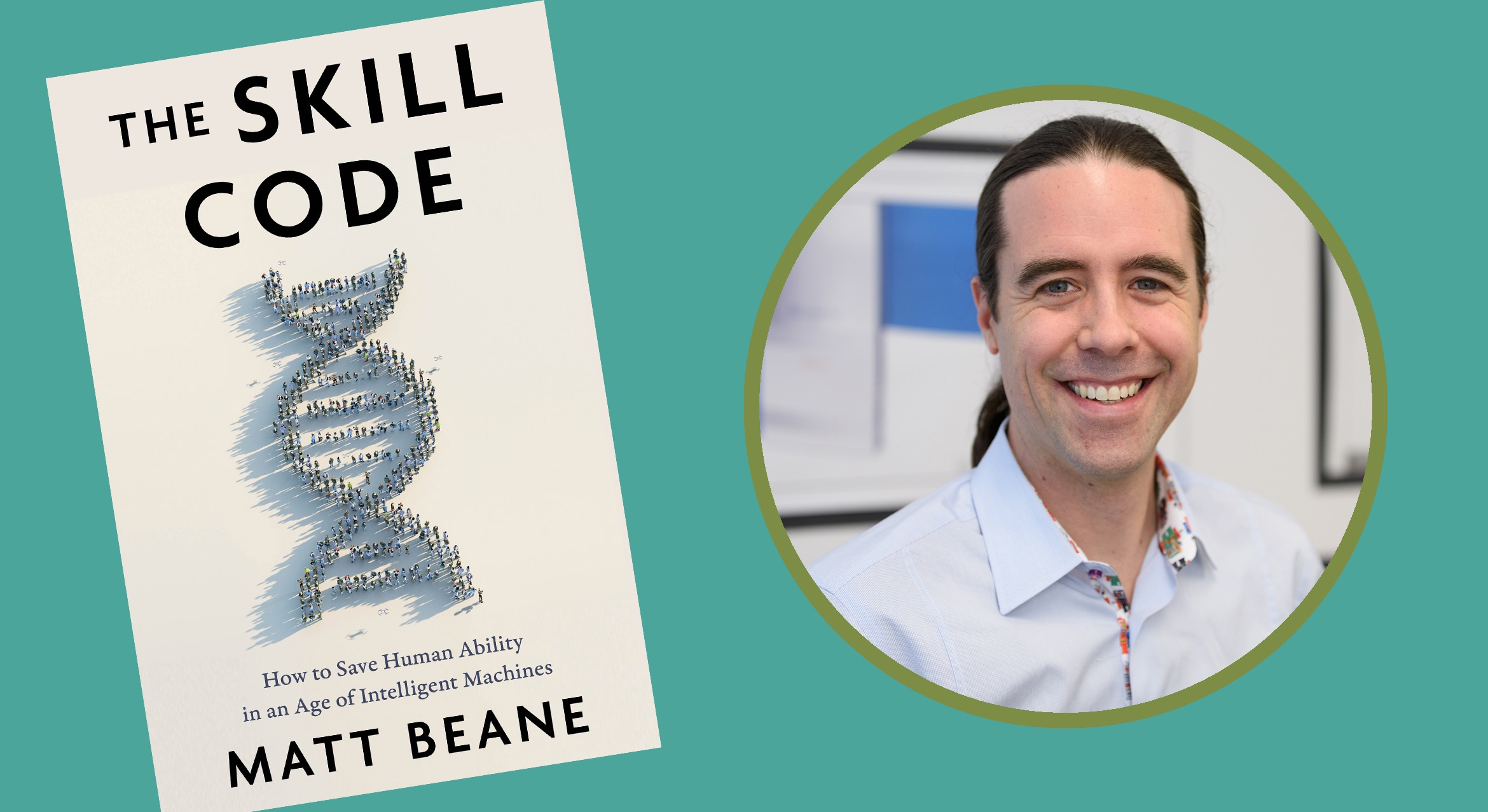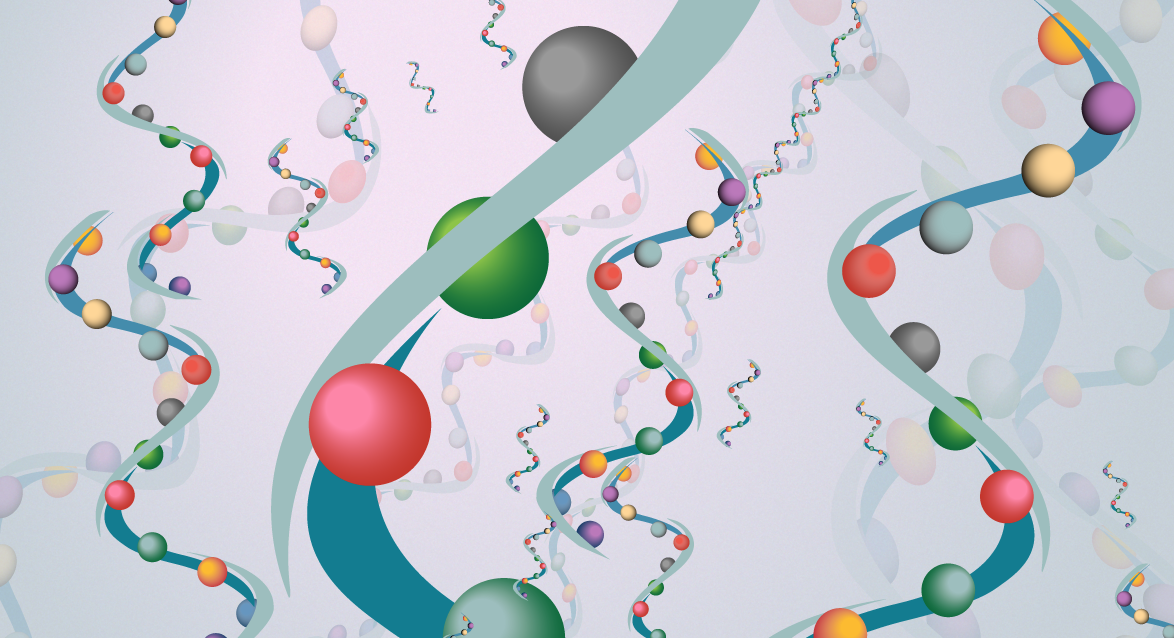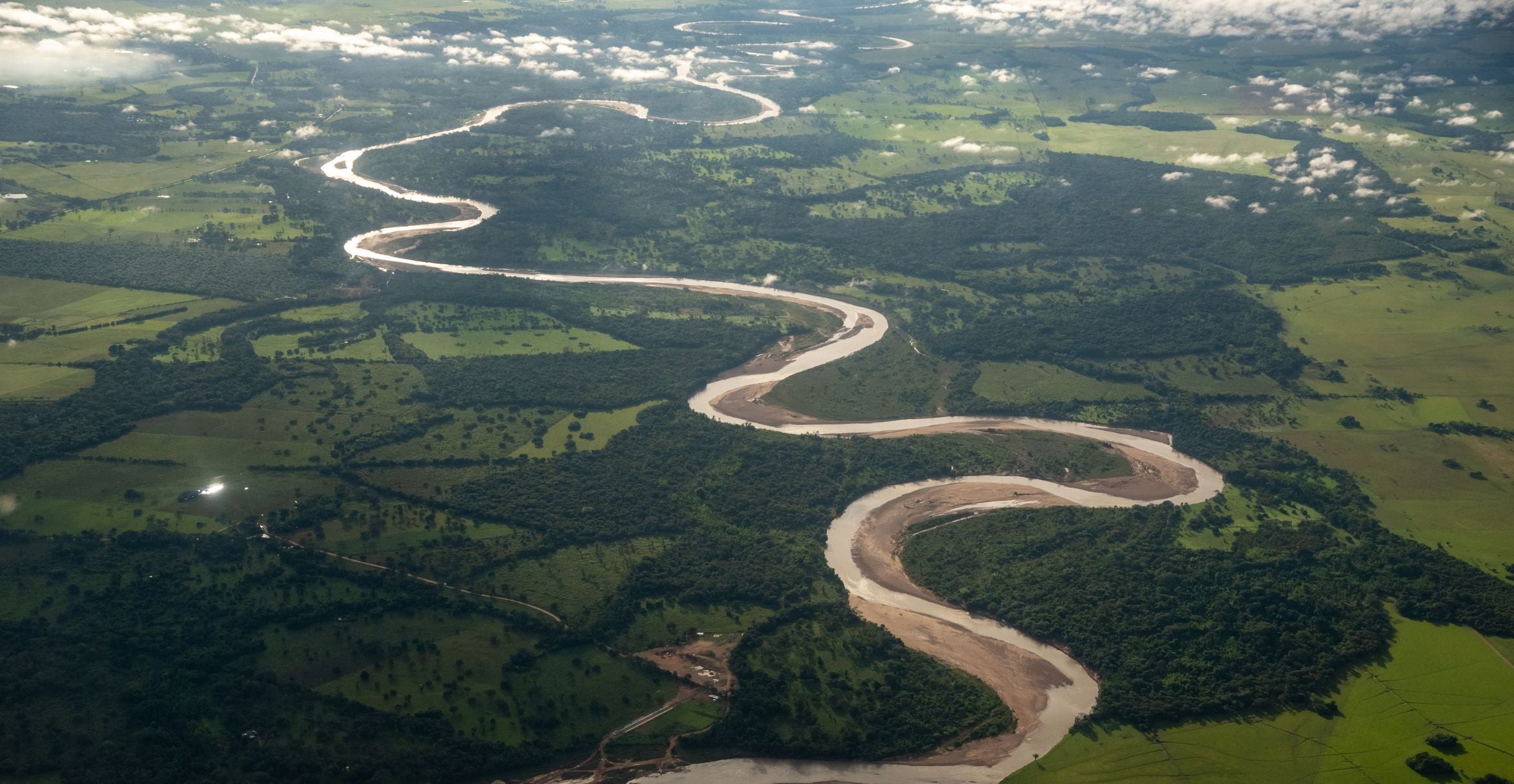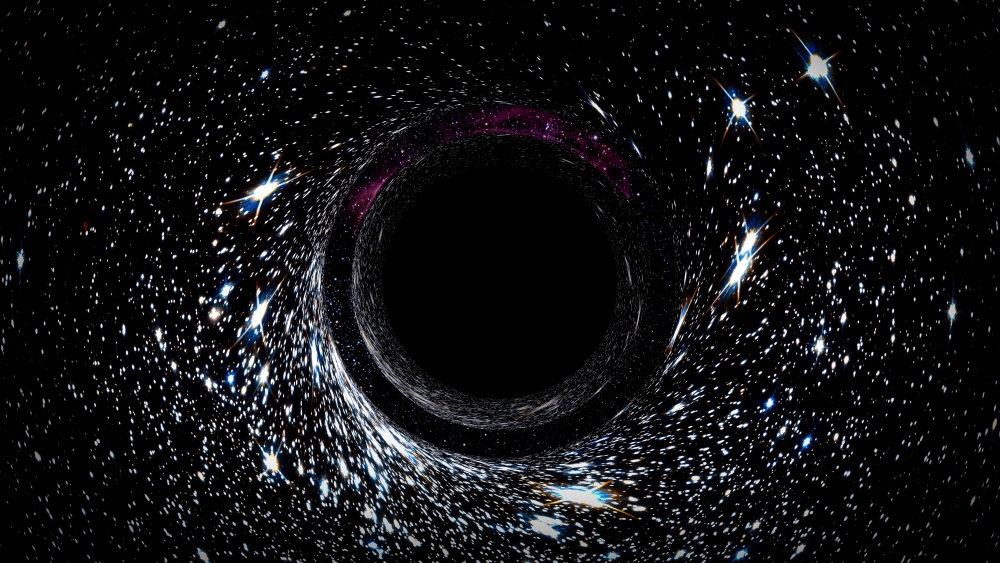
Fundamental Fellows
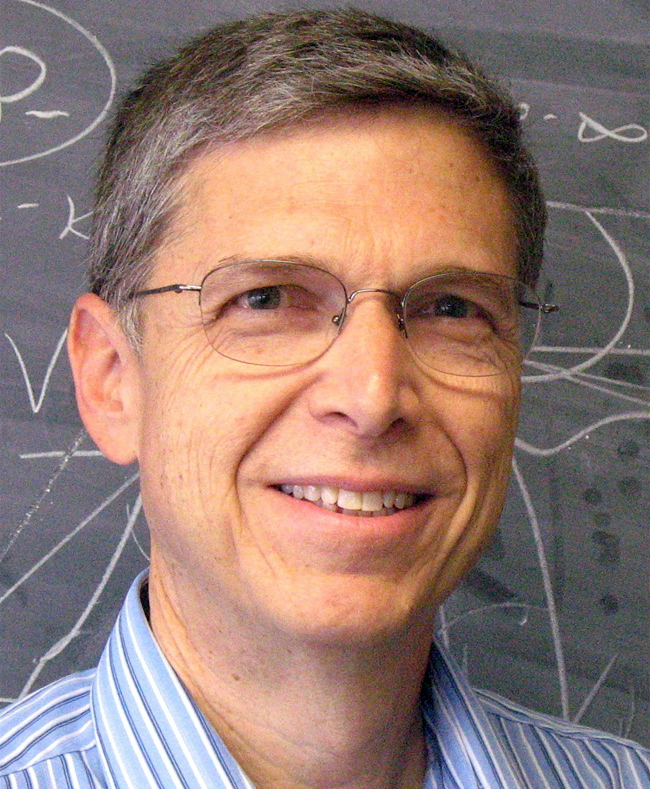
Einstein’s theory of general relativity and quantum theory are among the 20th century’s most significant advancements in the field of physics. And yet they are utterly incompatible — much like oil and water.
The effort to harmonize the two achievements and find a quantum theory of gravity is among the hottest topics and most-fevered searches in physics today.
Thanks to a major new gift to its Department of Physics, UC Santa Barbara aims to unleash promising young scientific minds on that problem and on related questions about the fundamental laws of nature that govern the universe. A $1 million gift from an anonymous Japanese donor will create a new high-level postdoctoral program called Fundamental Physics Fellows.
“I want to express my heartwarming gratitude to our anonymous donor for this visionary and generous gift,” said UCSB Chancellor Henry T. Yang. “This gift will enable us to support Fundamental Physics Fellows in their basic research and discoveries at the endless frontiers of physics. This program will flourish under the leadership of Distinguished Professor Gary Horowitz, who for decades has been at the forefront of pioneering research on gravity theory, string theory, and quantum gravity. This program will also enhance the highly collaborative research environment and global stature of our Physics Department and our campus.”
“These funds will allow us to bring a few outstanding young physicists to UCSB to work on the most exciting questions in our field, such as what is the fundamental nature of space and time,” said Horowitz, a professor of physics, who will lead the Fundamental Physics Fellowship program and select the fellows. “These fellows, in turn, will benefit from the stimulating research environment we have at UCSB, which includes the Kavli Institute for Theoretical Physics.”
“This gift comes at a crucial time as the number of government-funded postdocs in this field has been decreasing,” Horowitz added. “Our future success as a country depends on strong support for basic science, and private philanthropy is invaluable. This generous donor recognizes that and hopes to encourage other business leaders to support fundamental scientific research.”
With our current understanding of nature incomplete, the hope, according to Horowitz, is that these future fellows can ultimately provide insight into some key questions, such as the nature of quantum gravity and related physics puzzles. The donor, Horowitz said, has a longstanding interest in fundamental physics and is particularly keen to fund research in quantum gravity and learn what it says about quantum black holes.
“A major problem in our field is what happens to the information that falls into a black hole when the black hole evaporates, as predicted by [Stephen] Hawking,” Horowitz explained. “That is one area where I hope there will be valuable progress.
“Funding postdocs is a great way to support basic research,” he continued. “Major advances often come from young researchers, recently out of graduate school, who have learned the state of the field and are able to see things in a new way. In addition, postdocs can devote full time to their research without the distractions of teaching or administrative tasks.”
UCSB Fundamental Physics Fellows will initially receive three-year appointments, with the opportunity for a performance-based extension for two more years. They will be expected to pursue research and publish their results, as well as give seminars on their work to share and explain their findings to other researchers.
“The public is often unaware of just how large an effect such private donations can have on research,” said Donald Marolf, the chair of UCSB’s physics department. “I am extremely excited by this generous gift which will bring to UCSB the brightest young minds working on fundamental problems in physics. By interacting with each other, our experienced faculty, and other UCSB researchers in this area, they will create an especially dynamic research environment, ripe for the development of bold new ideas to address long-standing questions, including those involving black holes, quantum gravity and the microscopic structure of spacetime.”
Horowitz anticipates the first Fundamental Physics Fellows will arrive at UCSB in the fall of 2018.
